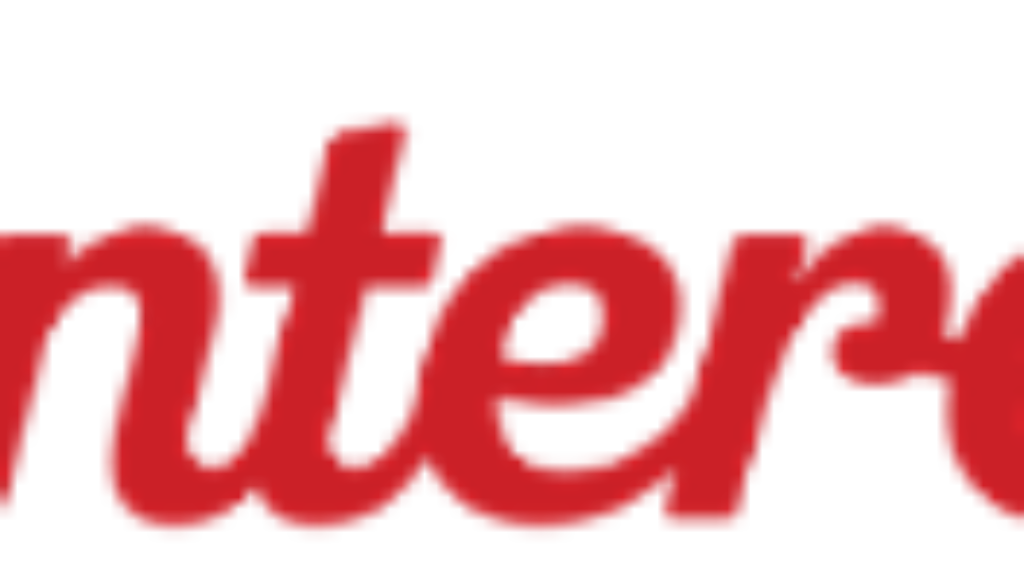Pinterest for Employers
I was recently interviewed for the Society for Human Resource Management article “Pinterest Might Facilitate Copyright Infringement.” Below for your viewing pleasure is the entire text of the email-based interview with Workplace Law Content Manager Allen Smith.
[box]
What special copyright issues arise in using Pinterest and how should employees be trained to comply with copyright laws when they are pinning content on Pinterest in a work-related capacity?
Pinterest raises more or less the same copyright issues as any other website, but it has gotten more media attention than others. In general, no one should ever place any content on the web that he or she does not own or have a license (permission) to place on the web. Employees should be aware of what intellectual property their employer owns, any of which may be posted on the employer’s behalf (in compliance with any other laws and workplace policies, of course), and what intellectual property may be subject to licenses which limit the employer’s (and by extension the employee’s) right to post. Otherwise, content located on the web is generally off-limits; making material public does not abrogate any copyright rights. Exceptions include content that is in the public domain (there are several online databases of public domain works—in general, a work published prior to 1923 will be in the public domain); content that is explicitly licensed for pinning; content that falls under fair use exceptions to copyright; and content that is subject to a Creative Commons license (though be careful with that one, as work-related uses may not qualify for some Creative Commons licenses).
Employees should be trained to look for key phrases in website Terms of Use indicating that it is safe to use content on Pinterest (a handy shortcut: if a site owner who clearly owns or licenses the content has placed a “Pin It!” button on the site, pinning should be fine; Etsy is a good example). In addition, a Pinterest account holder that pins its own content has granted a license to Pinterest, so that the content can be re-pinned by other users. The tricky part can be determining whether content was pinned by the rights owner since Pinterest does not have a corollary to the Twitter Verified Account badge.
Could you provide examples of how employees might use Pinterest for work purposes?
I have seen some companies doing wonderful things with Pinterest, primarily retailers. Random House Books has an account and pins not only its own books (brilliant given that “Books Worth Reading” is one of the default pinboards), but also interesting book- and reading-related images. Home Depot has become very involved in the home decor suggestions boards and re-pins content in addition to posting its own proprietary photos, which of course gets people thinking about ways they could improve their homes using Home Depot products. Service professionals can use Pinterest as well; one of my favorite accounts belongs to a style consultant, Sasha Westin, who uses Pinterest to gather suggested wardrobes for people, such as “Men’s Relaxed Professional,” complete with links for purchasing each item.
If employees are using their personal Pinterest accounts to promote their employer, they should be aware of FTC blogger regulations, which require disclosing that relationship.
How are the copyright issues that arise when using Pinterest similar to copyright challenges employees face with other forms of social media that’s used in their work?
As noted, they are really very much the same. No one should post content on any site that he or she does not own or have a license to use. The difference between posting a link to an article on Facebook and posting it on Pinterest, though, is that on Facebook a thumbnail of any photo accompanying the article appears (which has been pretty well, but not definitively, established as fair use), but on Pinterest the full image appears and is uploaded to the Pinterest servers. Pinterest also has a more visual focus, which encourages people to post infringing material such as the work of photographers or painters.
Is pinning content owned by others any different from a legal standpoint from retweeting content on Twitter, and if so, how?
Yes. When someone posts something to Twitter, one of two things is happening: either it is original content, which that person has granted a license to Twitter to use (and that use includes retweeting by other users), or it is not original content. Content that is not original generally must be paraphrased or be a brief introduction to linked content. Linking does not infringe on copyright, and Twitter’s 140-character limit is short enough that it would be difficult to infringe any Twitter-external content. Pinterest has no such limitations.
Are many employees oblivious to the copyright concerns that may exist in their work-related use of Pinterest and, if so, what kind of training might employers provide?
I can’t speak to employees in particular, but much of the general population has developed an ethic about sharing that is not sensitive to the rights of copyright holders. This ethic extends to personal and professional use of social media, including Pinterest. Employers should ensure that their employees are aware that when it comes to copyright, creation, not possession, is 9/10ths of the law. Employees using Pinterest in a work-related capacity should always consider the source, whether the source owns the copyrighted material, and whether the source has given the employer a right to use the copyrighted material. For employers who may be cost-sensitive, the Copyright Office maintains a series of easy-to-understand Circulars, which explain much of what an average person needs to know about copyright. Circular 1 contains the fundamentals. The Copyright Office, however, does not give information about what to look for in a license.
There are also social media certifications becoming available for employees whose routine duties involve social media; the one I am familiar with, from the National Institute for Social Media, should be coming out this fall and will be accredited. (Disclosure: I am chair of the Industry Advisory Committee for NISM, so I wrote the portions of the exam dealing with legal questions. I do not benefit financially from my relationship with NISM.)
[/box]



June 14, 2012 @ 5:17 am
I have used pinterest on my website and the result was great, it jumped from page 9 to #3 in around 2 weeks time.
The key is we must got our website pinned and repinned by many people, which is the hardest part. Most of pinterest users won’t doing repin when they aren’t like what we pinned.
I do simple thing to outsource it and got my site pinned by 75 people, I don’t know how can he did it.
Reasons why pinterest is good for SEO:
1. You need to ping the links of your pins to the to get your website increase in SEO.
2. Even not support anchor text (except the url link), it’s still perfect for placing our keywords in description. Google will read it!!
3. Once our website pinned it has 3 backlinks counts.
June 14, 2012 @ 9:18 pm
Great article Kelcey! This kind of information is invaluable to for organizations both small and large. It can be a challenge to understand the gray areas in copyright law, but staying away from anything you don’t have permission to post is a great guideline to adhere to. Thanks!
June 14, 2012 @ 11:57 pm
Hey this is a good looking site, is wordpress?
June 18, 2012 @ 1:04 pm
Yes, it is WordPress; and thank you!
June 17, 2012 @ 9:16 am
Very good blog you have here but I was curious if you knew of
any user discussion forums that cover the same topics talked about here?
I’d really like to be a part of community where I can get suggestions from other knowledgeable people that share the same interest. If you have any recommendations, please let me know. Thank you!
June 18, 2012 @ 1:08 pm
In general, it isn’t a great idea to get legal advice from communities and forums. But if you’re looking for general information, you can check out the Copyright Office‘s website or ask questions on the discussion forums at LinkedIn or Avvo.